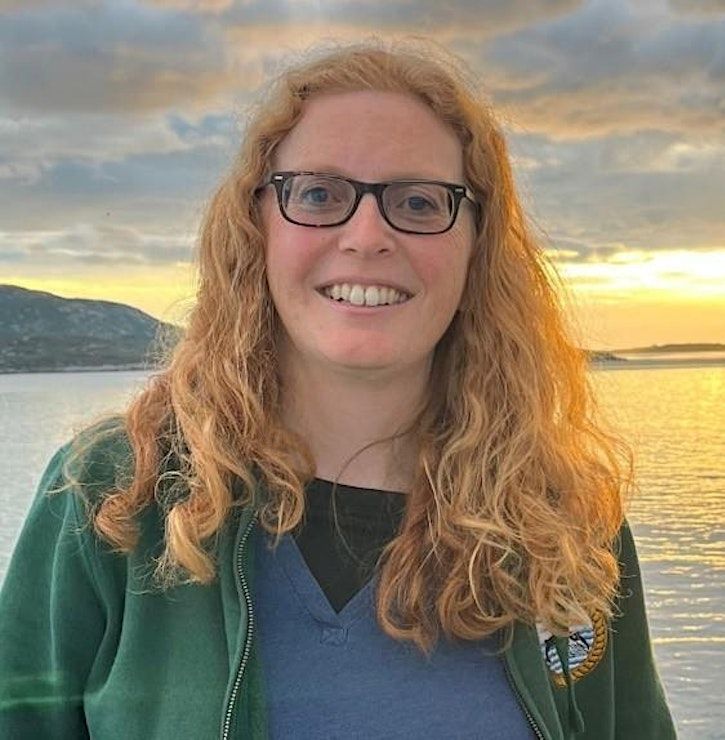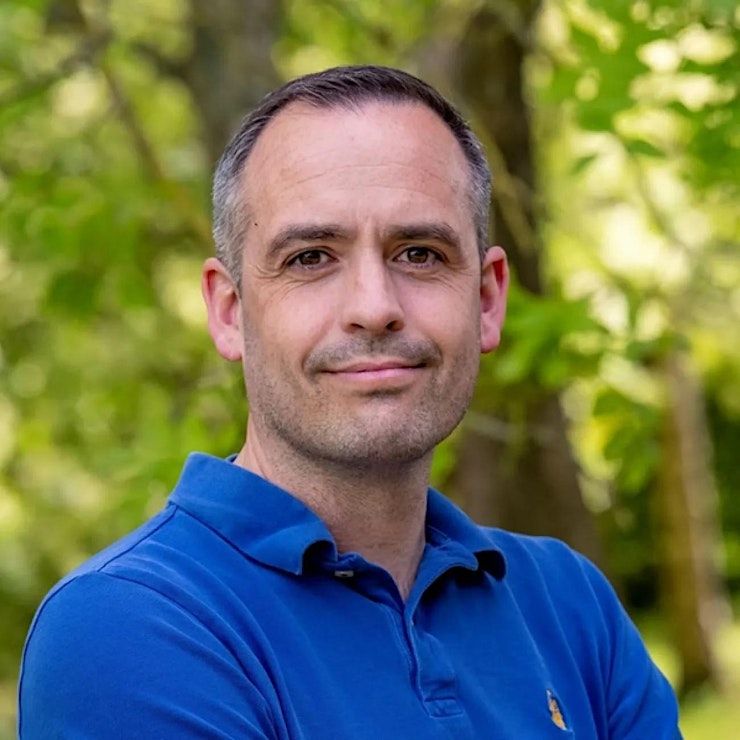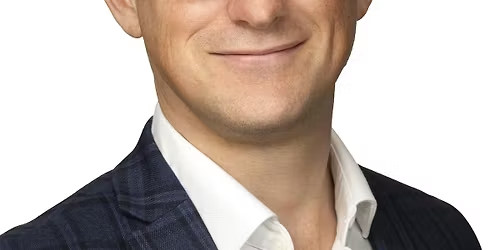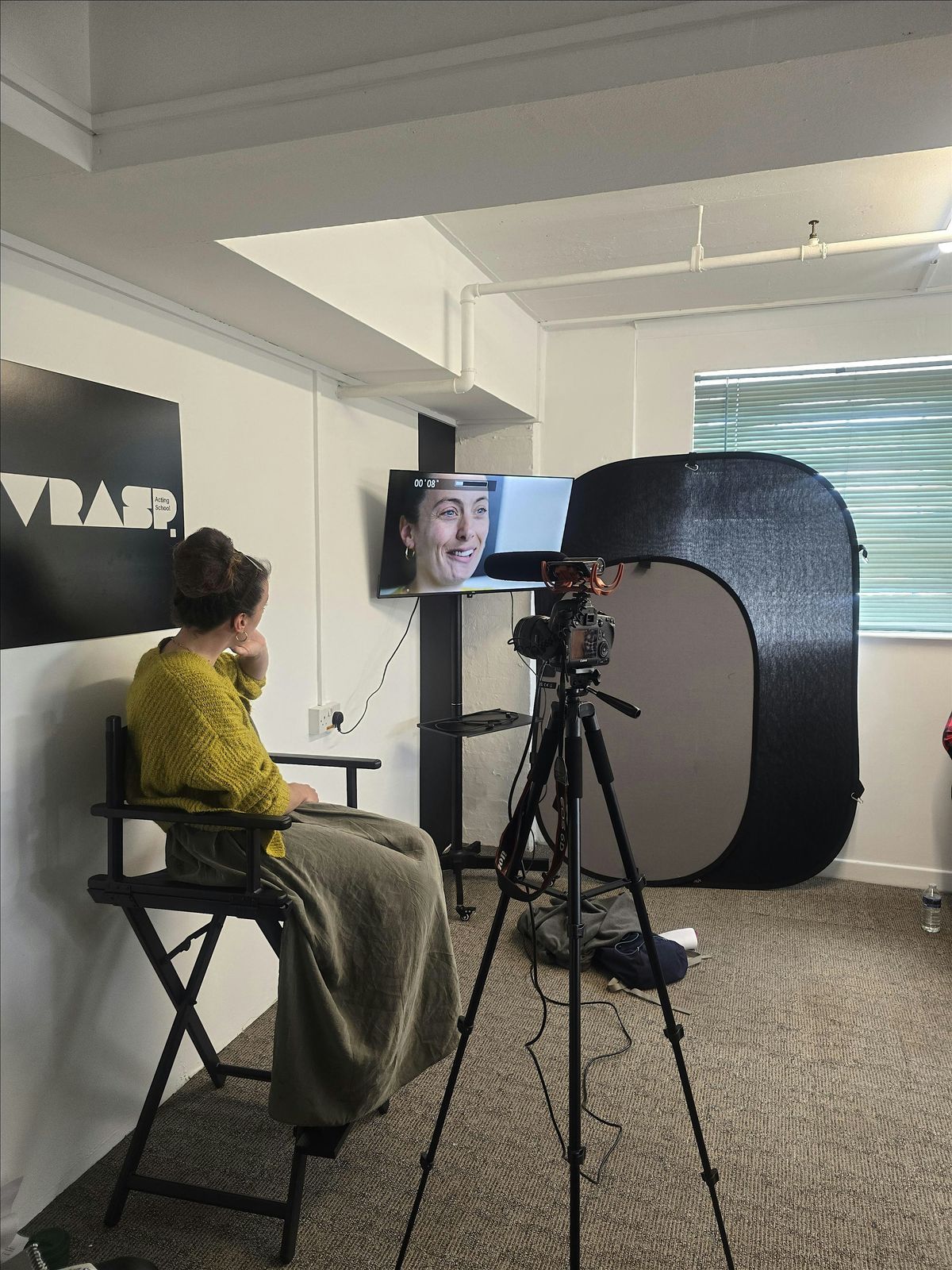Faculty of Environmental and Life Sciences' Inaugural Lecture series
Schedule
Wed Dec 03 2025 at 04:00 pm to 06:00 pm
UTC+00:00Location
National Oceanography Centre | Southampton, EN

About this Event
Join us for an exciting event in the Charnock Lecture Theatre at the National Oceanography Centre, Southampton, where we will be hosting a series of engaging lectures from newly appointed Professors at the Faculty of Environmental and Life Sciences.
During the event, our Professors will present a lecture to highlight their research, real-world impact and future research directions.
At our next event on Wednesday 3 December 2025, Professor Stephanie Henson from the School of Ocean and Earth Science and Professor Julian Leyland from the School of Geography and Environmental Science, will be presenting their research.
Professor Stephanie Henson is a Principal Scientist at the National Oceanography Centre and Honorary Professor at the University of Southampton. She leads a large, active research group in global biogeochemical oceanography. Her particular research interests aim at understanding the natural variability and climate change effects on phytoplankton populations, and subsequent impacts on the biological carbon pump. Her research exploits autonomous vehicles, satellite and in situ data, as well as output from biogeochemical models. In 2024, she received the European Geosciences Union’s Fridtjof Nansen medal for “outstanding research into the ocean’s role in the carbon cycle, built on her extraordinary ability to combine diverse observational data with novel biogeochemical models.” She was a lead author on the Intergovernmental Panel on Climate Change’s 6th Assessment Report, on the chapter “Carbon and other biogeochemical cycles and feedbacks”.

Professor Julian Leyland is Professor of Physical Geography at the University of Southampton and Director of the Environmental Sensing @ Southampton (ES@S) facility. He has been at the University since 2001, when he joined as an undergraduate student, before completing his PhD in 2009, since when he has since developed his academic career. Over the past two decades, he has worked extensively in river basins and coastal environments around the world, combining fieldwork, modelling, and remote sensing to understand how landscapes evolve.
His research explores how water and sediment move through landscapes, from hillslopes and rivers to estuaries and coasts, and how these processes shape the world around us. He uses a wide range of tools and technologies, from drones, boats and satellite imagery to detailed laboratory analyses, to understand how rivers and coasts respond to natural changes and human activity. Julian’s work helps reveal how sediment transport and erosion influence the stability of landscapes, and the evolving hazards that they present on the human population that depend on the world’s rivers, deltas and coasts.
Much of his current research focuses on global sediment and water dynamics, including projects that investigate how climate change, land use and sand mining affect the movement of water and sediment from source to sea.

Agenda
🕑: 03:30 PM - 04:00 PM
Registration and Refreshments
🕑: 04:00 PM - 04:10 PM
Welcome to the Faculty of Environmental and Life Sciences' Inaugural Lectures
Host: Professor Steve Darby
Info: Professor Steve Darby, Associate Dean for Research in the Faculty of Environmental and Life Sciences, opens the event.
🕑: 04:10 PM - 05:10 PM
Down to the deep – the ocean’s role in the carbon cycle
Host: Professor Stephanie Henson
Info: The biological carbon pump is a series of processes that transfers organic carbon from the surface ocean into the deep ocean. Without the ocean’s biological carbon pump, atmospheric CO2 concentrations would be approximately 50% higher than pre-industrial levels. However, much of the functioning of the pump remains poorly known due to its complexity and the difficulty in adequately observing its many components. This therefore makes it difficult to model the pump, so our knowledge of how this important component of the global carbon cycle might respond to climate change is poor. In this talk I’ll present recent progress on using shipboard and autonomous vehicles to quantify variability in the biological carbon pump, discuss the current limitations in our understanding of the pump, and the implications of those knowledge gaps for robust modelling of the current and future pump.
🕑: 05:10 PM - 06:10 PM
The Life of a Particle: Sediment Journeys Across Scales and Societies
Host: Professor Julian Leyland
Info: Every landscape tells a story, and sometimes that story begins with something as small as a single grain of sediment. In this inaugural lecture, Professor Julian Leyland traces the extraordinary journey of a sediment particle as it moves through water and across scales: from its microscopic structure on a riverbed, through the shifting channels of great rivers and its role in shaping Earths great deltas.
Drawing on two decades of research in physical geography, the lecture explores how sediment, often considered a passive product of erosion, is instead a dynamic agent linking geomorphic processes, ecosystems, and human societies.
Interwoven with this scientific narrative is a personal story of a geographer’s own journey, from early field experiences and academic mentorship to leadership of research projects, and a reflection on the people, family, friends and colleagues who, like the currents that carry sediment, have shaped that path.
🕑: 06:15 PM - 07:15 PM
Post event reception and canapes
Where is it happening?
National Oceanography Centre, European Way, Southampton, United KingdomEvent Location & Nearby Stays:
GBP 0.00


















